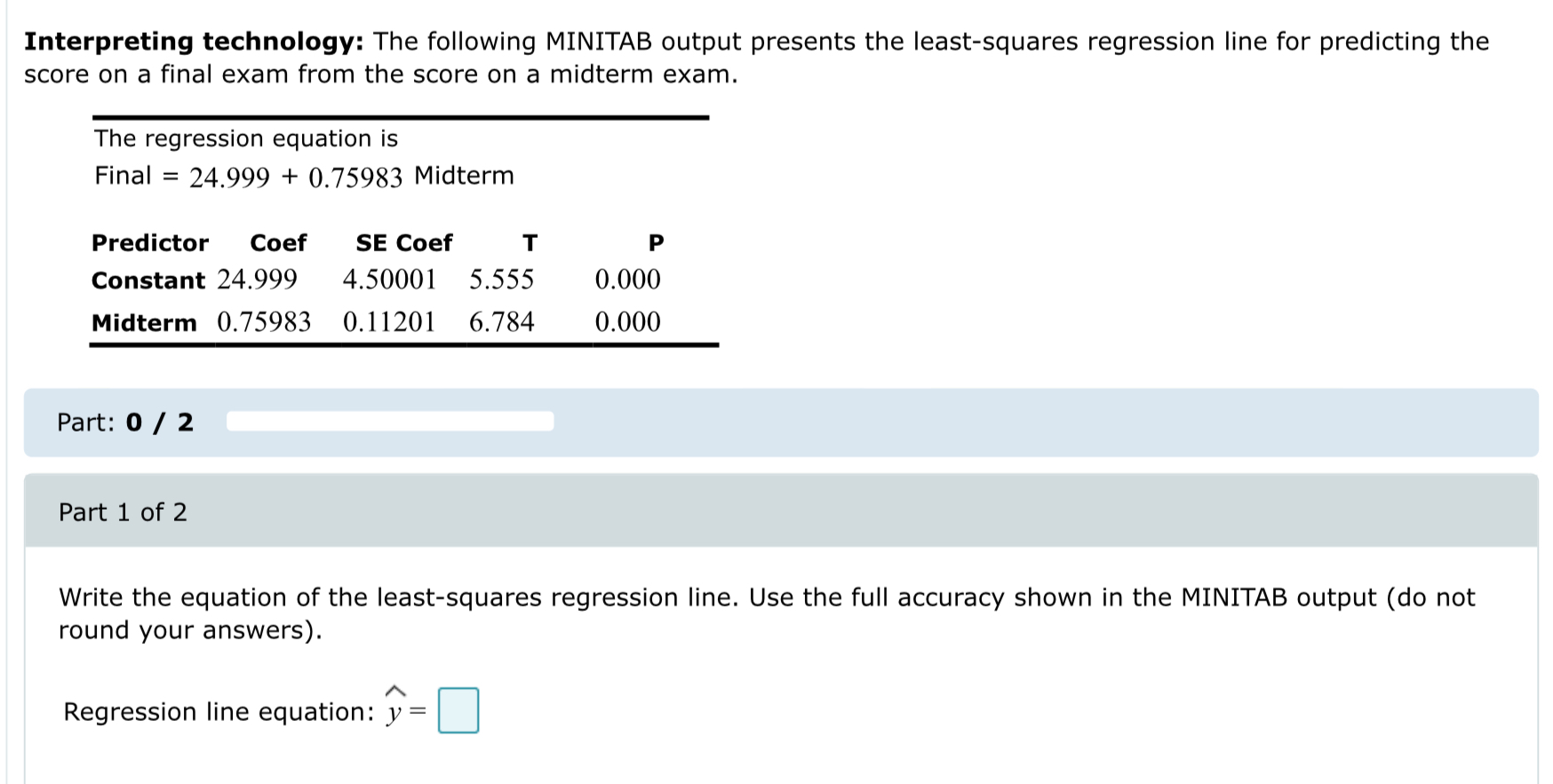

According to exit polling, President Biden's job approval rating among Virginia voters was 46 percent to 53 percent disapprove. Democrat Terry McAuliffe took 48.6 percent of the vote - just 2 points above Biden’s job rating.

We saw that drag most recently in the race for Governor of Virginia this past November. As our politics have become more and more nationalized, it's all but impossible for a candidate to escape the drag of an unpopular president of their party. Midterm elections, at their core, are a referendum on the party in power, or more specifically, a referendum on the sitting president. President Biden's Low Job Approval Ratings They lost Senate control in the 2014 midterms. In 2010, Democrats lost seats but managed to hold the Senate. In all three cases, the president's party lost the House.

The last three midterm elections which featured one-party control of the White House, House and Senate were 2006, 2010, and 2018. In the 27 congressional sessions following Johnson's presidency, one-party control has existed for just eight total sessions." Kennedy's term (87th Congress of 1961-1962) to the end of Lyndon B. In fact, according to Pew Research, "the longest period of leadership for any one party has been eight years, when Democrats maintained one-party control from the beginning of President John F. Although Democrats lost 15 seats in the House and three in the Senate that year, Democrats came into the midterm with a whopping 292 seats in the House and 61 in the Senate. The last president to hold onto both the House and Senate majorities post-midterm was Jimmy Carter in 1978. Holding onto that trifecta past the first midterm election has become almost impossible in the modern era. One Party in Powerĭemocrats control the House (narrowly), the Senate (barely) and the White House. Here are the four ways in which 2022 "rhymes" with the last four midterm elections in which the party in the White House lost their House and/or Senate majorities. Or, to paraphrase Mark Twain, history may not repeat itself, but it does rhyme.Īnd, that's not great news for President Biden and Democrats in Congress. Yet, there's more this upcoming midterm has in common with its predecessors. It's the first since 2002 that corresponds with redistricting the first since at least 1998 that Democrats are not defending any Senate seats carried by the Republican presidential nominee two years earlier and the first in memory where a defeated president is playing an outsized role. the party that doesn’t control the White House), many wonder if history can be a reliable guide when it feels as if history is being rewritten on a daily basis?Īfter all, there's plenty about 2022 that's unique. While we know that the midterm elections favor the ‘out’ party (i.e. It feels safer to bet on unpredictability than stability in this era of tremendous political and social churn and upheaval.


 0 kommentar(er)
0 kommentar(er)
